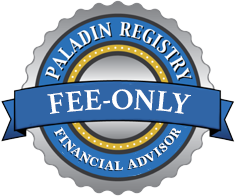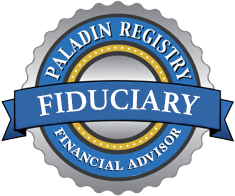Trust Management
The frequently held notion that the assets of a given trust must be managed by a trust company is false. Unless a given trust is restricted to being invested in privately held real estate, collectibles, or certain exotic assets, we are in a position to manage trust assets by virtue of our status as a registered investment advisor.
The Process is Straightforward
Engaging us to manage the assets of a given trust simply requires the trustee to sign a few documents. We will then manage the trust’s assets according to the terms and objectives as set forth in the trust. In so doing, the trustee appoints us to make day-to-day investment decisions. The trustee retains all other powers including the absolute power to terminate our appointment at any time.
Avoid the "Successor Trustee" Trap
If the asset management of a given trust is handled by a particular investment advisory firm, there is a strong chance that a good working relationship will develop between the advisory firm and the trust’s trustee and/or beneficiaries.
At such time the original trustee dies, his or her beneficiaries may be in for a shock. To the extent a trust company has been named as successor trustee, it will often immediately fire the existing advisory firm and name itself as replacement. The long-term relationship with the existing advisor is therefore terminated by the new trustee at the very time that previously established relationship might have most value.
Here's the Reality
Administering a trust is not at all the same thing as managing a trust’s assets. Since trust companies may do both, their incentive is to do both – even if it means terminating a perfectly good working relationship between your family and your long-standing advisor.
We’re happy to tell you that it does not have to be this way. If you’d like to ensure your family’s relationship with your advisor can survive your death, we’ll gladly show you just how easy and cost effective the solution may be.



